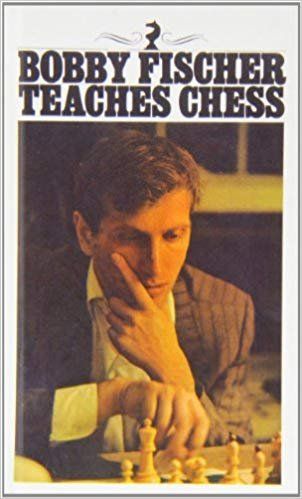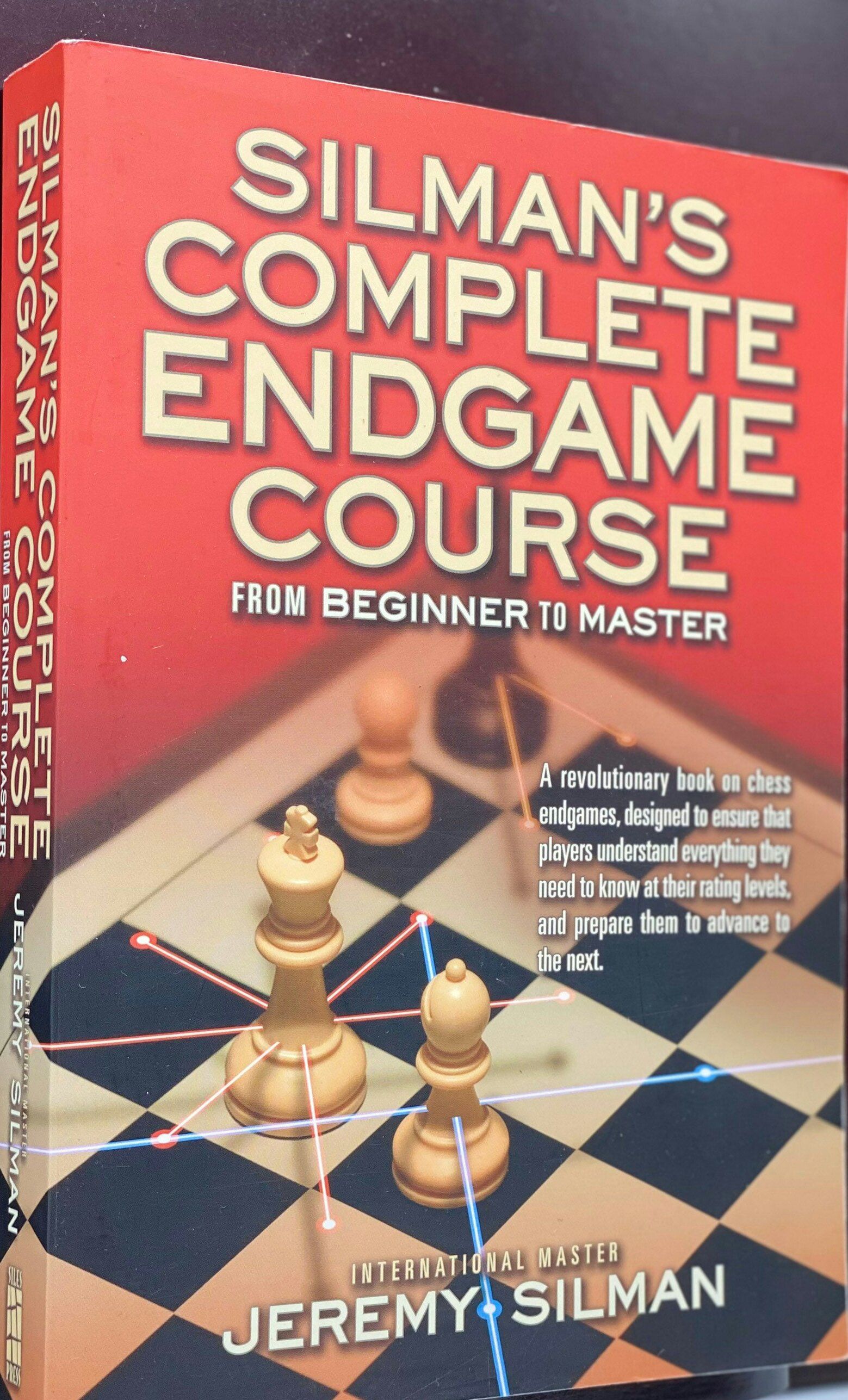The Complete Idiot's Guide is actually a very decent beginner's book and Patrick Wolff is the author of many of the tactics courses here on chess.com. Logical Chess is a trifle dated, but it doesn't matter at your level; get out a board and follow along and you will improve by leaps and bounds. Those are what I think you should start with. Get through those and you should be able to better decide what to tackle next.
















First time poster here, and looking for some advice.
I’ve known how to play chess since a young age, and I dabbled on this site for a short time ages ago, then didn’t play a game in about 10 years. However, I’ve just recently gotten back into chess, and have decided to start playing a bit more seriously (all my previous games before were purely casual games against friends and family).
Beyond knowing the rules, and understanding very basic concepts and tactics like opening/middlegame/endgame, forks and pins, developing pieces etc, I’m essentially a complete beginner.
The main points of this post are, firstly, I was just given a big load of chess books by a family member who acquired them from someone else years ago (he doesn’t play chess so he gave them to me. It’s partly what spurred me back into wanting to play again). But I’m at a loss as to which order in which to read them?
These books are:
- The Inproving Chess Thinker, Dan Heissman
- The Mammoth Book of Chess, Graham Burgess
- The Complete Idiot’s Guide to Chess, Patrick Wolff
- Modern Chess Openings, Nick de Firmian
- How to Reassess Your Chess, Jeremy Silman
- My System, Aron Nimzowitsch
- Logical Chess, Irving Chernev
- Grandmaster Preparation, Lyev Polugayevsky
- Chess Fundamentals, Jose Capablanca
- Excelling at Chess Vol. 1, Jacob Aagard,
- Excelling at Chess Vol. 2, Jacob Aagard,
- Play Winning Chess (complete series of the 6 books), Yasser Seirawan
Also, what else should I be doing (other than playing games) to improve? Any YouTube channels that are particularly good for beginners etc?
Sorry for the long post, and thanks in advance guys!